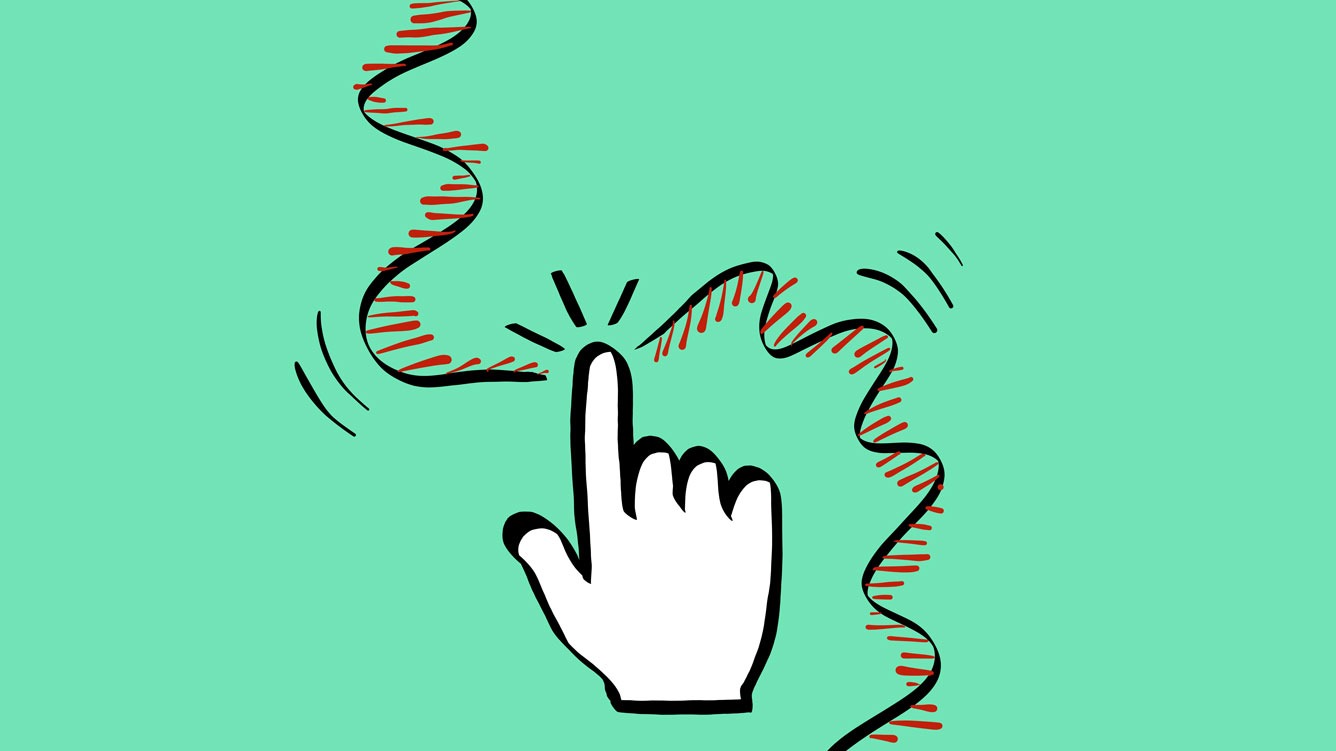Will an oncologist of the not-so-distant future be able to pull up an image of a tumor biopsy slide on a screen and—without having to order a biomarker test—see the molecular characteristics of the cancer?
To access this subscriber-only content please log in or subscribe.
If your institution has a site license, log in with IP-login or register for a sponsored account.*
*Not all site licenses are enrolled in sponsored accounts.
Login Subscribe
If your institution has a site license, log in with IP-login or register for a sponsored account.*
*Not all site licenses are enrolled in sponsored accounts.
Login Subscribe













